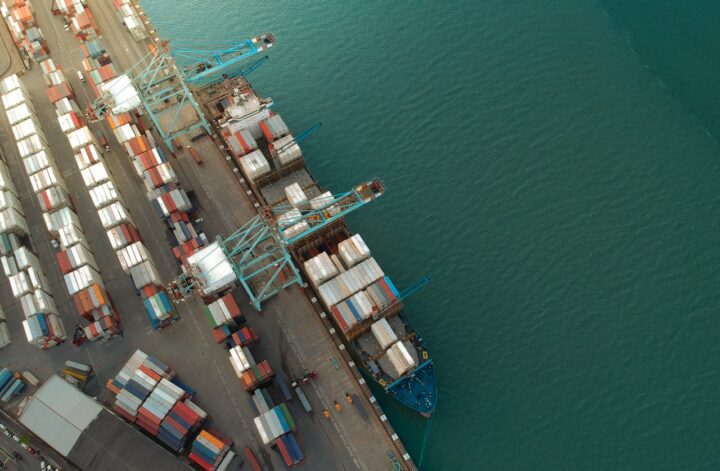The UK maritime industry is a complex and ever-evolving sector, with various rules and regulations that need to be followed to succeed. Whether you’re looking to start a new business or expand upon an existing one, you’ll need to be aware of the various laws and regulations governing the maritime industry to succeed.
From understanding the necessary legal requirements to developing a competitive business strategy, this post will provide the information you need to make the best decisions for your maritime business.
Go Green
With the growing emphasis on environmental sustainability, businesses in the maritime industry need to focus on reducing their carbon footprint. This is particularly important for businesses operating or using other vessels for their operations. By reducing emissions, companies can reduce their environmental impact and benefit from cost savings and increased efficiency.
There are several different ways that businesses can reduce their carbon footprint. One of the most effective is investing in green technologies, such as solar panels, wind turbines, and electric engines. Other steps that businesses can take include:
- Adopting a fuel-efficient fleet of vessels
- Implementing energy-saving practices
- Investing in energy-efficient equipment
Use High-Quality Equipment
When it comes to running a successful business in the maritime industry, it’s essential to invest in high-quality equipment such as Solstice Multi Aperture Side-Scan Sonar. This includes everything from vessels and engines to communications systems and navigation technology. Investing in reliable and efficient equipment can not only help to improve safety but can also help to reduce costs and increase efficiency.
It’s also essential to ensure that all equipment is maintained correctly. Regular maintenance and servicing can prevent breakdowns, reduce downtime, and ensure that the equipment runs optimally. Additionally, businesses should ensure that any crew members operating the equipment have received the necessary training.
Provide Ongoing Training for Employees
To be successful in the UK maritime industry, it is essential to ensure that your employees are well-trained and knowledgeable. Providing ongoing training for your employees can help ensure that they can operate safely and efficiently and can help to reduce the risk of accidents and breakdowns. Additionally, providing ongoing training for your employees can ensure that they can provide your customers with the best possible service.
Investing in the latest technology and equipment is essential to ensure that your employees can work safely and efficiently. Investing in the latest technology and equipment can reduce the risk of accidents and breakdowns, which can help to improve your bottom line. Additionally, investing in the latest technology and equipment can help enhance your vessels’ safety and ensure they can complete their journeys without incident.
Stay On Top of the Latest Trends in Your Industry
Staying on top of industry trends is essential for any business, but it’s imperative in the maritime industry. This is due to the complex and ever-evolving nature of the sector, with a variety of different rules and regulations that need to be followed. By staying up to date with changes and developments in the industry, businesses can ensure that they remain competitive and can take advantage of any new opportunities.
On top of this, it’s important to stay on top of customer demands. This includes understanding the needs and preferences of different customer segments and monitoring customer feedback. By understanding customer needs, businesses can ensure that they provide the best possible service and tailor their products and services to meet these needs.
Conclusion
Navigating the UK maritime industry can be a complex and challenging task. However, with the right advice and knowledge, businesses can ensure that they are making the best decisions for their business. From investing in green technologies to staying on top of the latest trends, there are several essential tips for running a successful business in the maritime sector.




